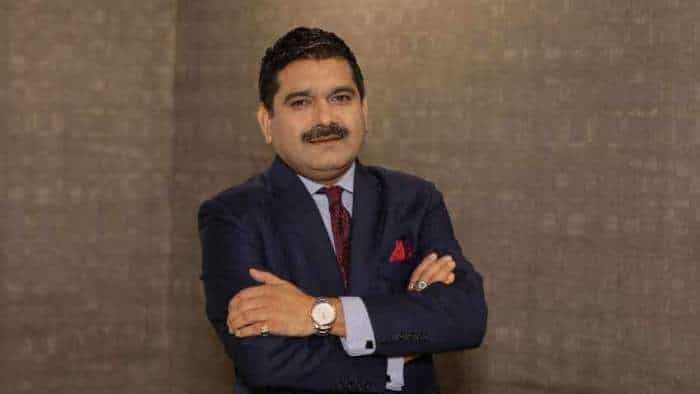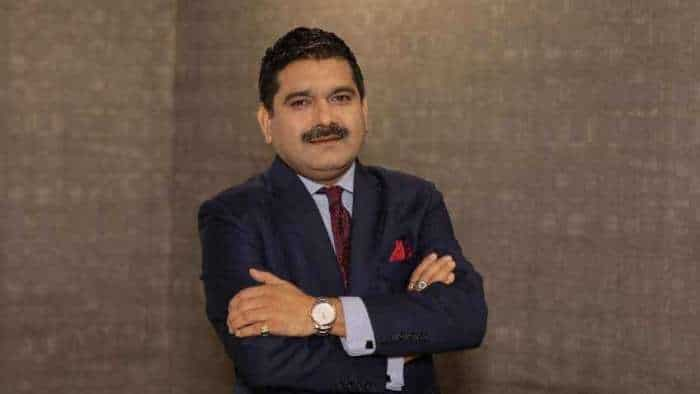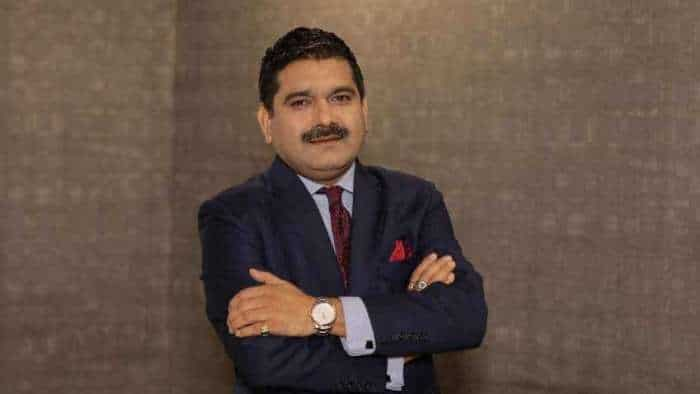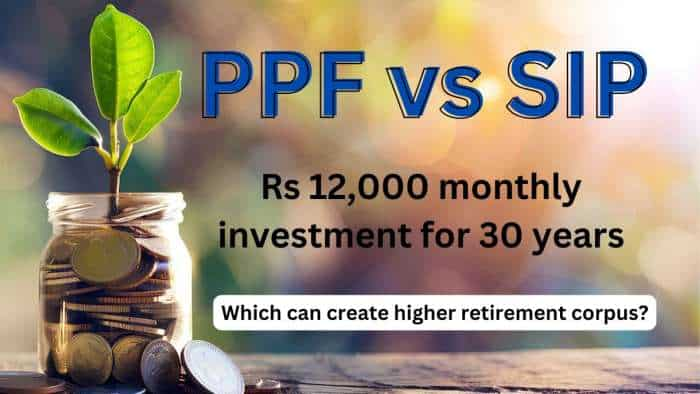Instruments wherein High Net Worth Individuals (HNIs) and Ultra HNIs want to park their money - Expert reveals
Work from home, concurrent market buoyancy, and the need to supplement incomes have driven up direct equity trading activity amongst individuals. Alongside, direct thematic basket investments have also caught fancy as new digital broking platforms have democratised such options for all investors and enabled quick access as well

Pandemic has led to a significant rise in the proportion of retail and professional participation in overall trading volumes on exchanges. This segment comprises individuals including High Net Worth Individuals (HNIs) and Ultra HNIs in India. Work from home, concurrent market buoyancy, and the need to supplement incomes have driven up direct equity trading activity amongst individuals. Alongside, direct thematic basket investments have also caught fancy as new digital broking platforms as they have democratised such options for all investors and enabled quick access as well. Rajesh Cheruvu, Chief Investment Officer, Validus Wealth, shares his knowledge about the instruments wherein HNIs and UHNIs want to park their money.
MLDs, PTCs and Covered Bonds
Rajesh Cheruvu says, “On the onshore fixed income front, MLDs, PTCs and Covered Bonds have seen a lot of interest from the seasoned HNIs and UHNIs. These instruments are being lapped up by many, primarily for their better collateralisation structure, quality of issuers (A/AA rated and above) and higher real yields on offer. With the recent change in regulations from RBI, issuance of covered bonds looks difficult in future.”
HNIs upping investments
“With Unicorns emerging from Indian private markets every week, HNIs are also upping their investing game when it comes to investing in start-ups via allocating capital to marquee angel, private equity, and venture capital funds with a decent track record. And they are making investments across the board – right from early-stage seed A to pre-IPO. Similar heightened activity is seen in unlisted space especially in respect of investee companies that are closer to providing an exit to existing investors or promoters through IPO,” Cheruvu added.
Investment in public and private markets
Further, Cheruvu says, “This segment of investors is also showing a lot of interest in offshore investments. Pre-Covid, there was little enthusiasm in geographical diversification, but post-Covid, they have realised the ‘opportunity spread’ outside India. In India, options are limited for HNIs and Ultra HNIs, as only public equity and debt markets are active and have the required breadth and depth. The Investment universe is quite narrow due to the lack of attractive opportunities. But outside India, they can invest in both public and private markets be it in the US, Israel, Taiwan, Korea, or China. These investors are also looking at overseas markets as a hedge against rupee depreciation and to achieve lifestyle objectives like travel, retirement, home ownership, children’s education as well as access to best medical facilities.”
US, Japan and Europe
“Even as the US remains the most sought-after market for Indian HNIs and Ultra HNI investors, Japan and Europe are looking attractive from an Equity valuations perspective. In the case of offshore fixed income, the developed market real yields are hardly enticing and hence, investors are looking for internally leveraged funds. Market-neutral strategies will assist investors in generating relatively better returns than investment grade and sovereign bonds,” Cheruvu opined.
Golden Visa programs
“Another trend that is picking up speed amongst HNIs and UHNIs is around ‘Golden Visa’ programs that offer alternative residency options and a path to global citizenship. These Immigrant Investor Programs are government-sponsored that allows qualified investors and their immediate family members to obtain permanent residency in the easiest and fastest way. The investment must be made in predefined avenues for a specified duration at the end of which principal is returned with some programs even offering a nominal yield,” Cheruvu concluded.
Get Latest Business News, Stock Market Updates and Videos; Check your tax outgo through Income Tax Calculator and save money through our Personal Finance coverage. Check Business Breaking News Live on Zee Business Twitter and Facebook. Subscribe on YouTube.
RECOMMENDED STORIES

SIP Stock Pick For New Year 2025: Anil Singhvi recommends buying this largecap pharma stock on 10% dip

SIP in Stocks For New Year 2025: Market guru Anil Singhvi recommends 1 largecap, 2 midcap scrips to buy in dips; note down targets

Largecap Stocks To Buy: Analysts recommend buying Maruti Suzuki, 2 other stocks for 2 weeks; check targets

Top 7 Index Mutual Funds With Best SIP Returns in 10 Years: Rs 11,111 monthly SIP investment in No. 1 fund is now worth Rs 33,18,831; know how others have fared

Largecap PSU Stock for 65% Gain in New Year: Anil Singhvi picks PSU bank for long term; know reasons and target prices

PPF vs SIP: Rs 12,000 monthly investment for 30 years; see which can create higher retirement corpus

Largecap, Midcap Stocks To Buy: Analysts recommend buying L&T, Tata Motors, 3 other stocks for 2 weeks; check targets

Shark Tank India Season 4: Social Media influencer Gaurav Taneja shocks sharks with his earnings, earns Rs 1 crore in 1 hour!
12:08 PM IST








 Hidden charges on SBI ATM cards: Is your money disappearing quietly?
Hidden charges on SBI ATM cards: Is your money disappearing quietly? Latest personal loan interest rates for SBI, PNB, Bank of Baroda, HDFC bank and ICICI bank
Latest personal loan interest rates for SBI, PNB, Bank of Baroda, HDFC bank and ICICI bank 8 post office investment schemes that offer over 7% guaranteed return
8 post office investment schemes that offer over 7% guaranteed return Millennials turning towards new-age investment instrument fractional investing: Report
Millennials turning towards new-age investment instrument fractional investing: Report  Income Tax: How are e-filing and e-payment of taxes different? Know details here
Income Tax: How are e-filing and e-payment of taxes different? Know details here